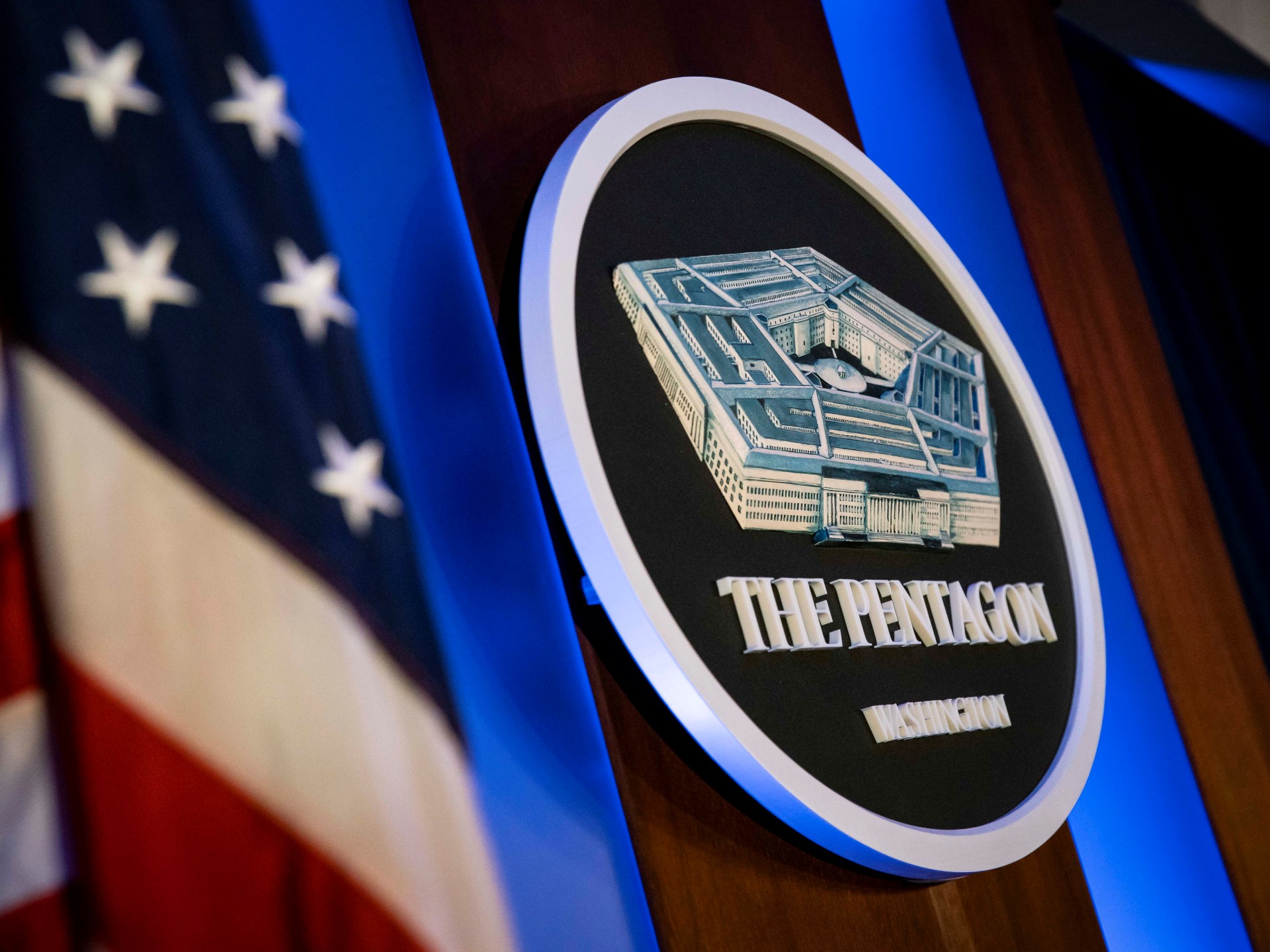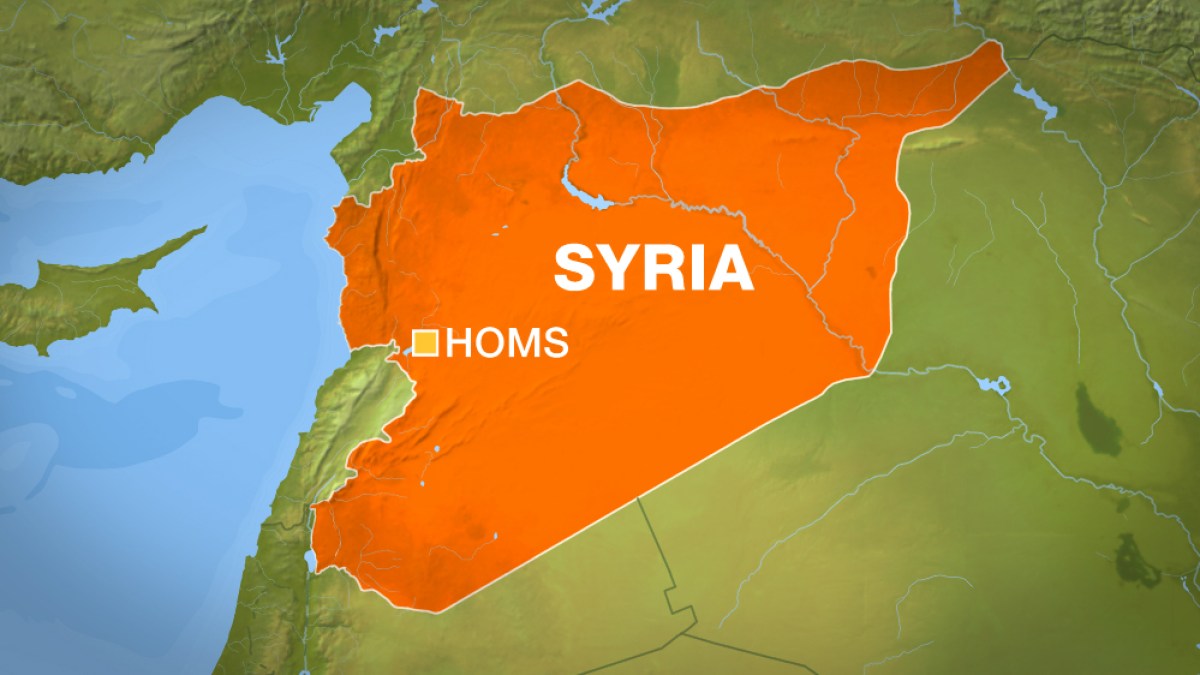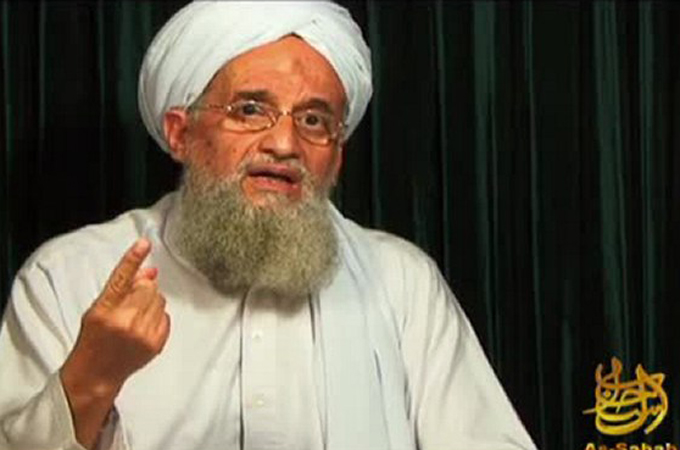‘Embarrassing’: Pentagon leaks damage US security, analysts say | Military News
Washington, DC – There is plenty of uncertainty about the supposed secret US government intelligence assessments circulating online: Are they authentic? Are they accurate? Who leaked them? And why?
Despite growing questions, experts seemed to agree on one thing: The leaks are damaging to Washington’s intelligence-gathering and foreign policy.
The documents include details of the Western military support to Ukraine, information about Russia’s war effort and intelligence collected from allied states.
US officials have not denied the validity of the documents, acknowledging that they “present a very serious risk to national security” and appear to be real, though in some cases altered. But they warned that the leaks “have the potential to spread disinformation”.
Analysts have said the leaks risk exposing intelligence sources and could cause a diplomatic headache for Washington.
Mick Mulroy, a former senior Pentagon official who also served in the CIA, called the leak “damaging”.
“I think the United States needs to do a better job of securing classified information,” Mulroy said.
The “biggest concern”, he added, is the possible compromising of methods of intelligence-gathering, including human sources. Mulroy stressed the importance of the “ability to protect our assets, protect our way of doing business, so we know information that goes into making policy”.
While the intelligence assessments — which were meant for senior officials at the Pentagon — did not include the names of possible human sources, experts said the revelations could help US adversaries, particularly Russia, identify American assets in their midst.
Glenn Carle, a former senior US intelligence official, described the leak as a failure “of major magnitude” that “some people may well die from”.
“Any counter-intelligence service will be hastily and thoroughly now working out who has access to that information in their country and reducing the number of possible individuals,” Carle told Al Jazeera’s Inside Story.
“And it’s quite possible that they could identify the sources — and depending on the country, that will damage or destroy their career or get them killed.”
Carle said the leaks were an “unfolding disaster” because intelligence agents have the “ultimate responsibility” to protect their sources, which could be harmed by the slightest breach.
‘Embarrassing’
The leaked secret documents started making headlines earlier this month, after spreading in some obscure corners of the internet weeks before that. The Pentagon and the Department of Justice are investigating the issue.
A Washington Post report published late on Wednesday traced the files to a single poster in a private server on the online platform Discord. The user, known as OG, told friends that he works on a military base, the newspaper reported.
David Silbey, an associate professor at Cornell University who specialises in defence policy and military history, said the fact that the documents were first posted on a private forum indicated that the supposed leaker did not aim to widely spread the information.
“One of the strange things about the leaks from the very beginning was that this was a really odd place for them to show up,” Silbey told Al Jazeera.
“If it had been a sort of espionage act, why put them on a random Discord server? You wouldn’t reveal it publicly anyway; you’d just pass it back to Russia. If it was a leak to share with the public, it’s about the worst possible way to leak it.”
He added that the leaker seemed to be “showing off”. But regardless of the intent, the leak remains “significant”, Silbey said.
The documents reveal that the US has insider accounts from some countries it considers partners, including South Korea and Egypt, suggesting that Washington could be spying on its allies.
For example, in South Korea, an opposition leader has called on Seoul to “sternly respond to the spying of state secrets” after the leaks.
“It can cause risks in relationships with our allies, which according to these things, we also collected [intelligence] on; that’s going to be a diplomatic rift,” said Mulroy, the former Pentagon official.
He added that, while any feud with partners may be repaired quickly because “many countries collect information on even their friends”, it is still “embarrassing” when that notion becomes public.
How did this happen?
Governments around the world closely guard information of this nature. US law makes it a crime to divulge — or even mishandle — classified information.
But with numerous intelligence and national security agencies, secret information could go through many hands within the sprawling US defence apparatus, making it susceptible to leakage, experts said.
For example, although the recently leaked intelligence assessments were meant for the eyes of top officials at the Pentagon, “a lot of people” may have had access to them, Mulroy said.
“It’s not just in the hands of the most senior people. It goes through people who prepare the briefs and staff of multiple senior officials,” he told Al Jazeera.
Silbey, the professor, highlighted a dilemma for handling intelligence: The more government officials share information, the more it can boost their understanding of the issues and lead to better decision-making, but it also makes secrets more prone to leaking.
The US has seen multiple major leaks and scandals involving classified information in recent years.
“The US has a weird issue where it both over-classifies things, but also spreads a lot of classified material around very broadly,” Silbey told Al Jazeera.
Mulroy said in addition to the investigation into the leaker, he expected a review that will examine “what went wrong”.
“Somebody intentionally stole this information, put it online. And I don’t know why they would do that, but it definitely looks like a crime, and one made to cause serious damage to US national security,” Mulroy said.




